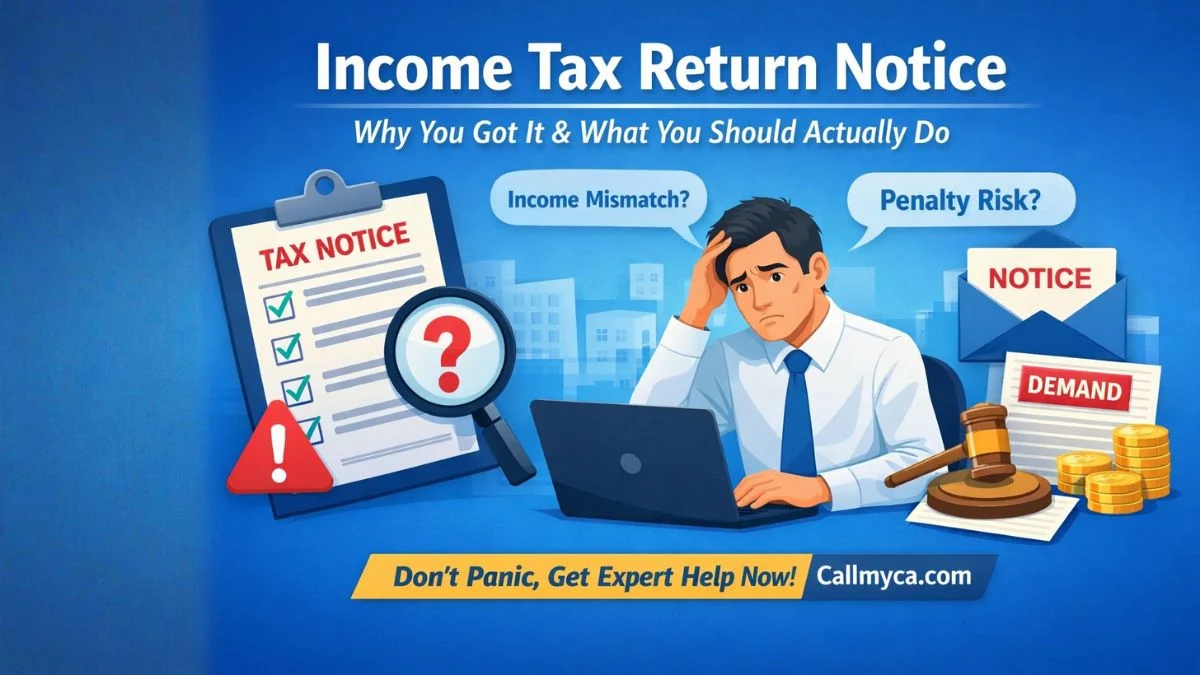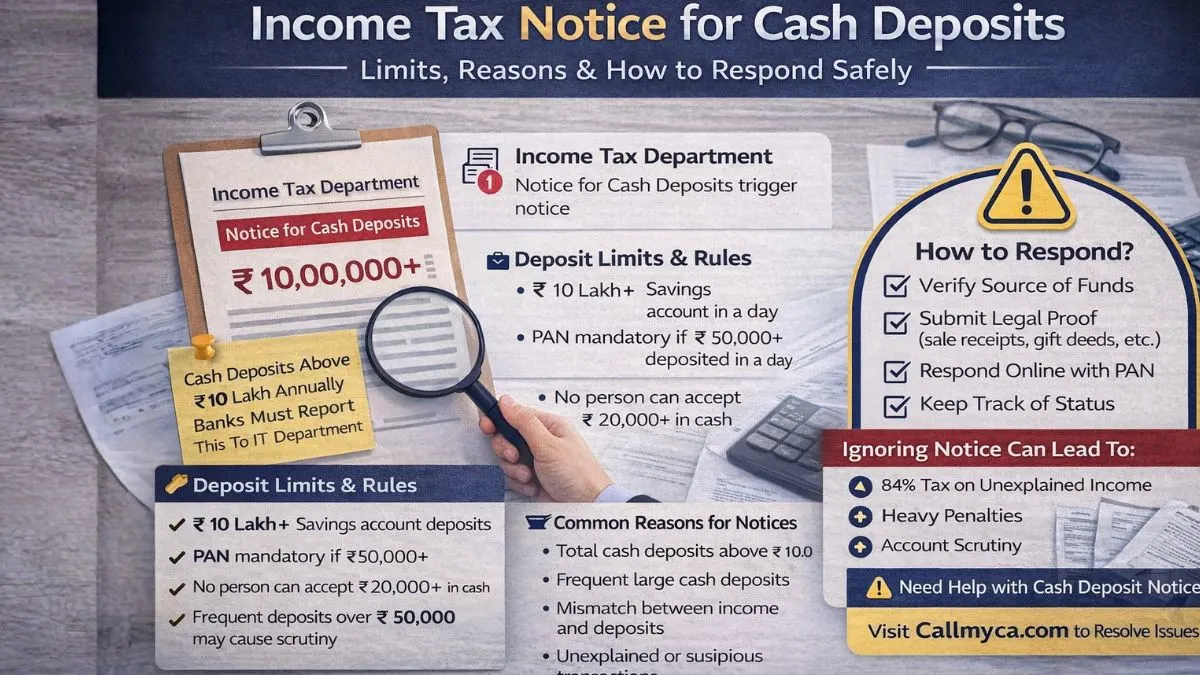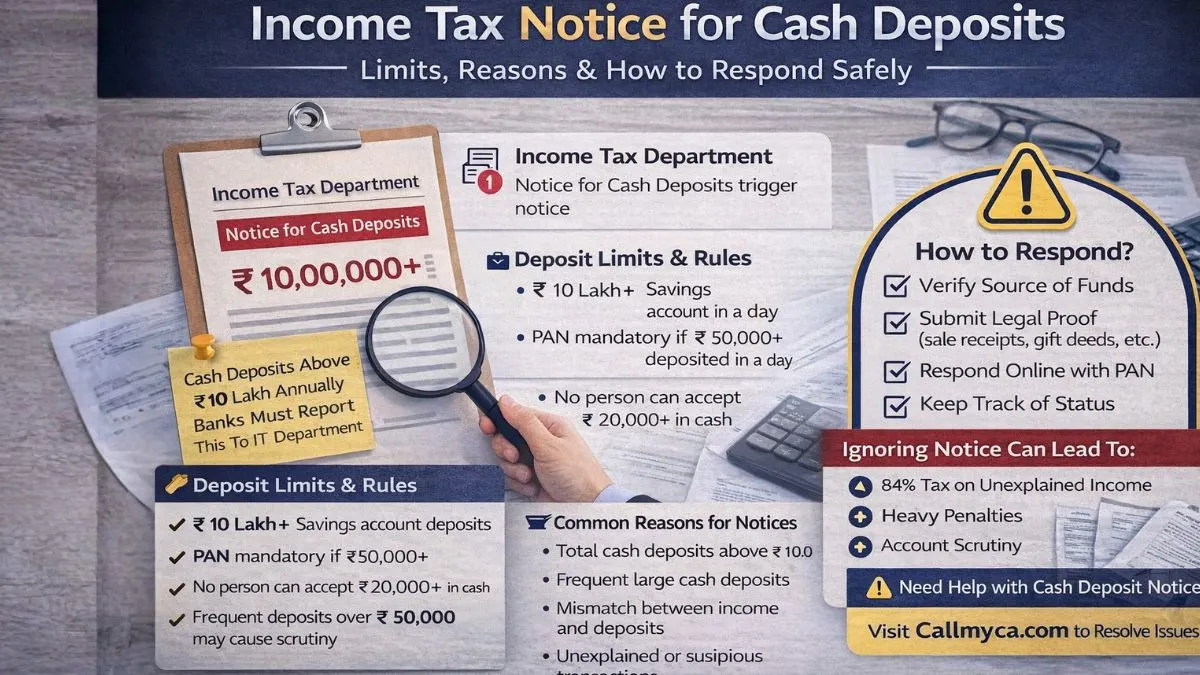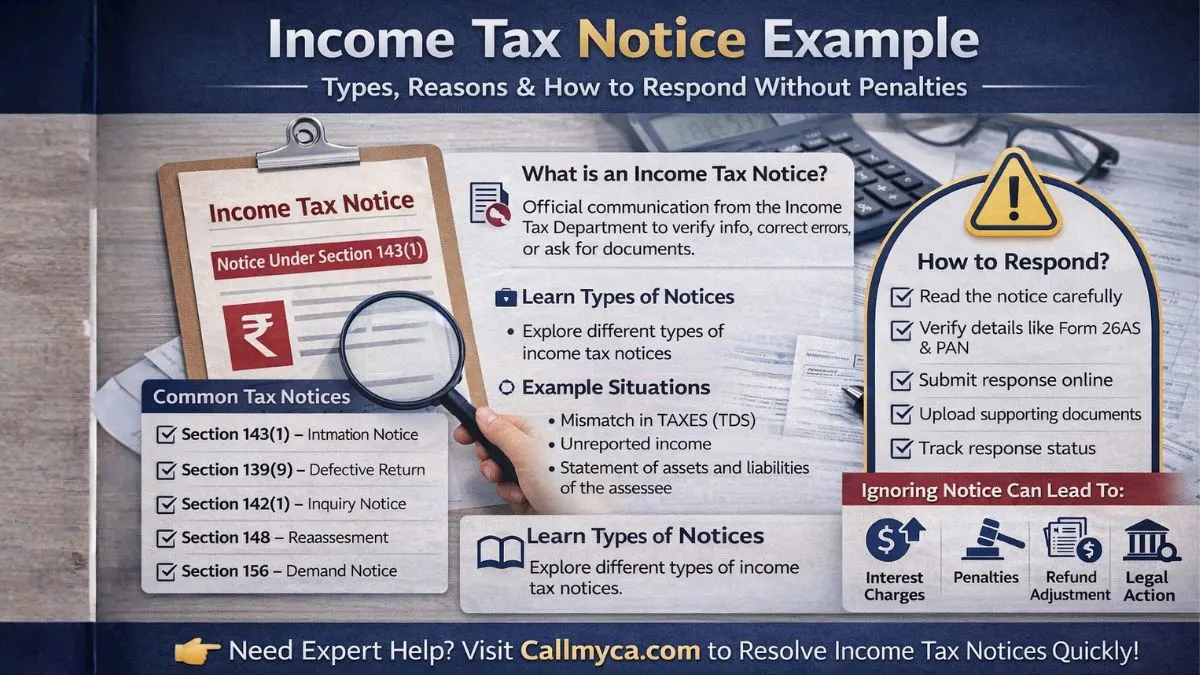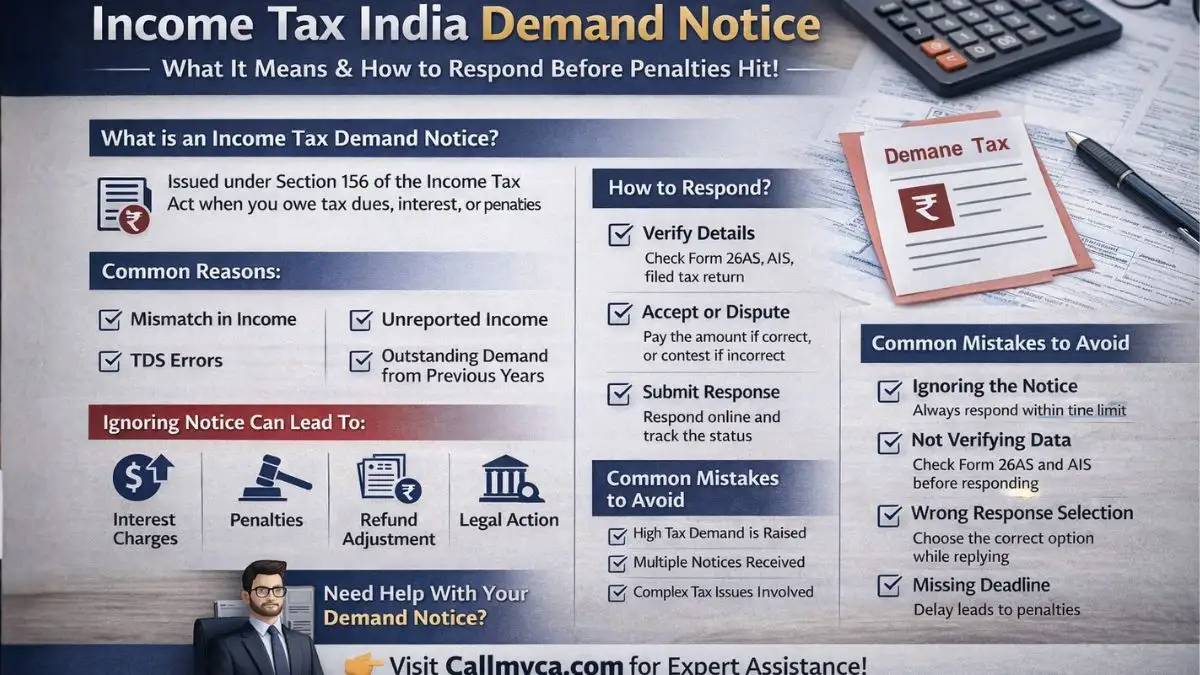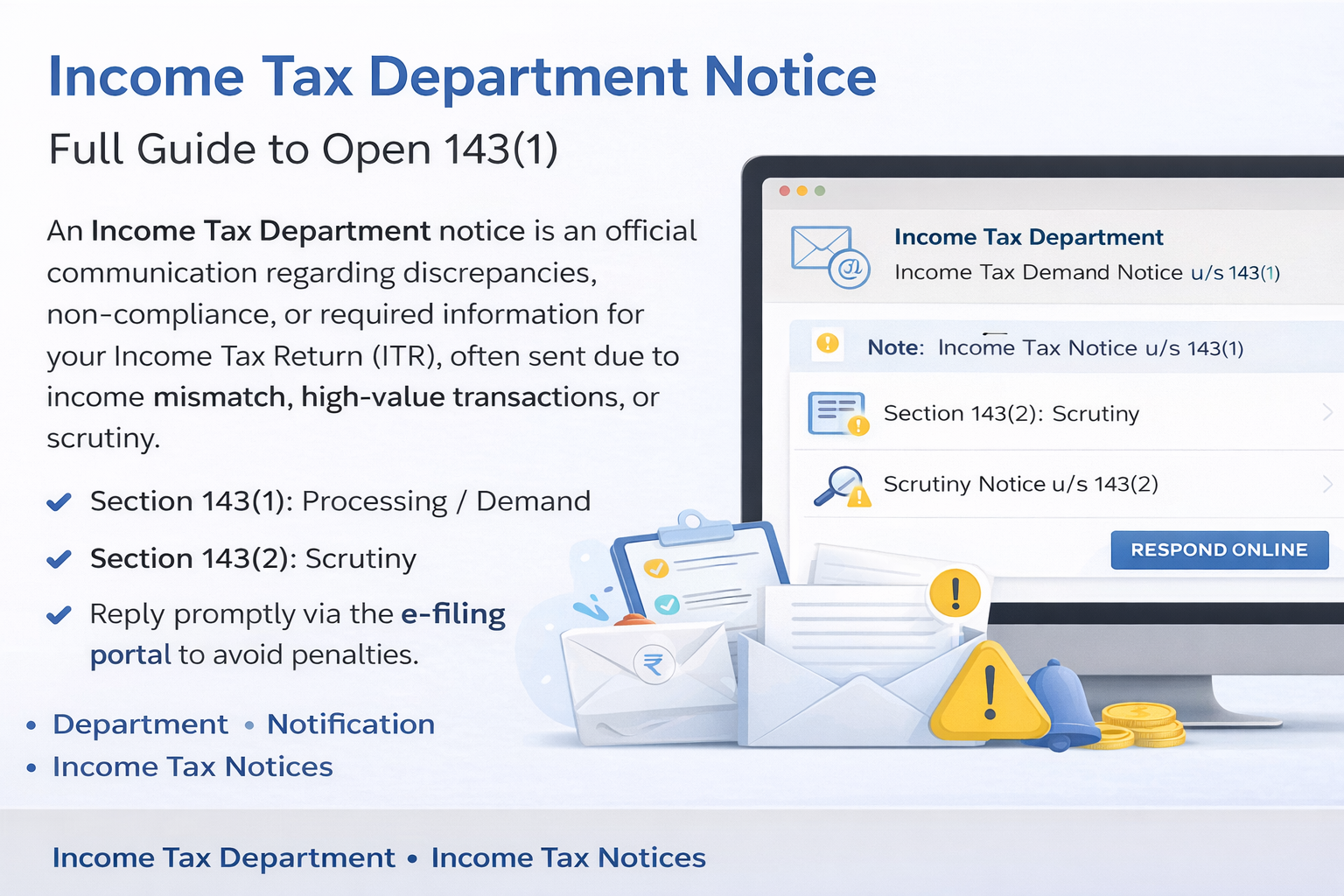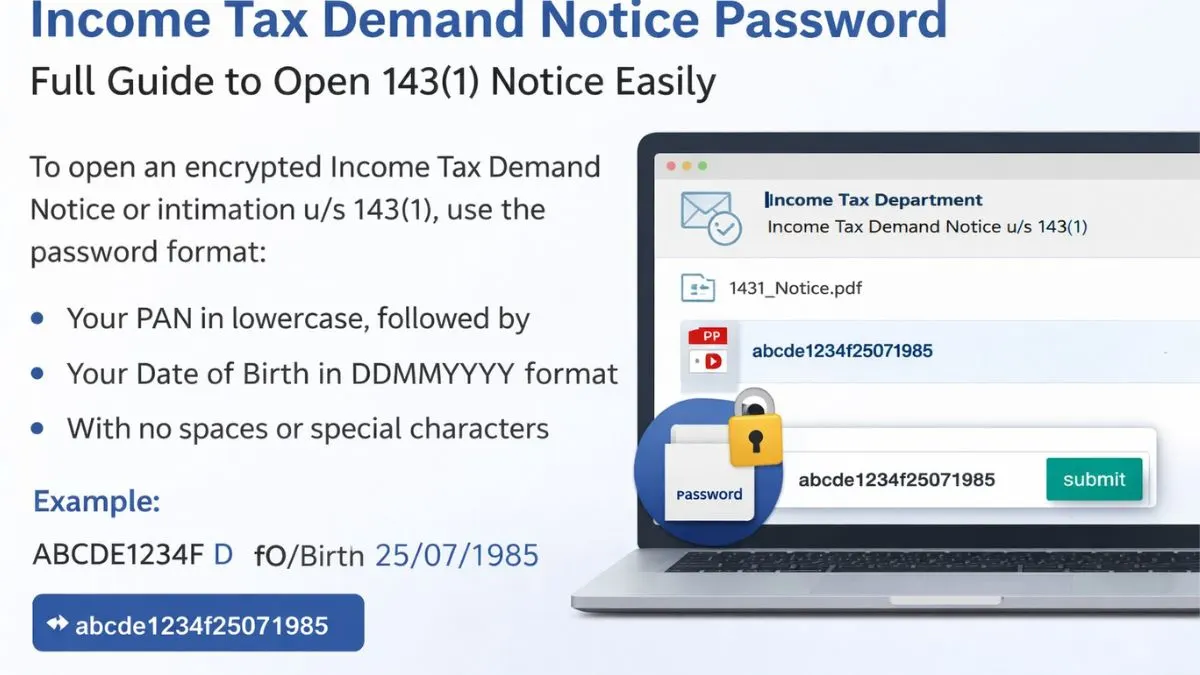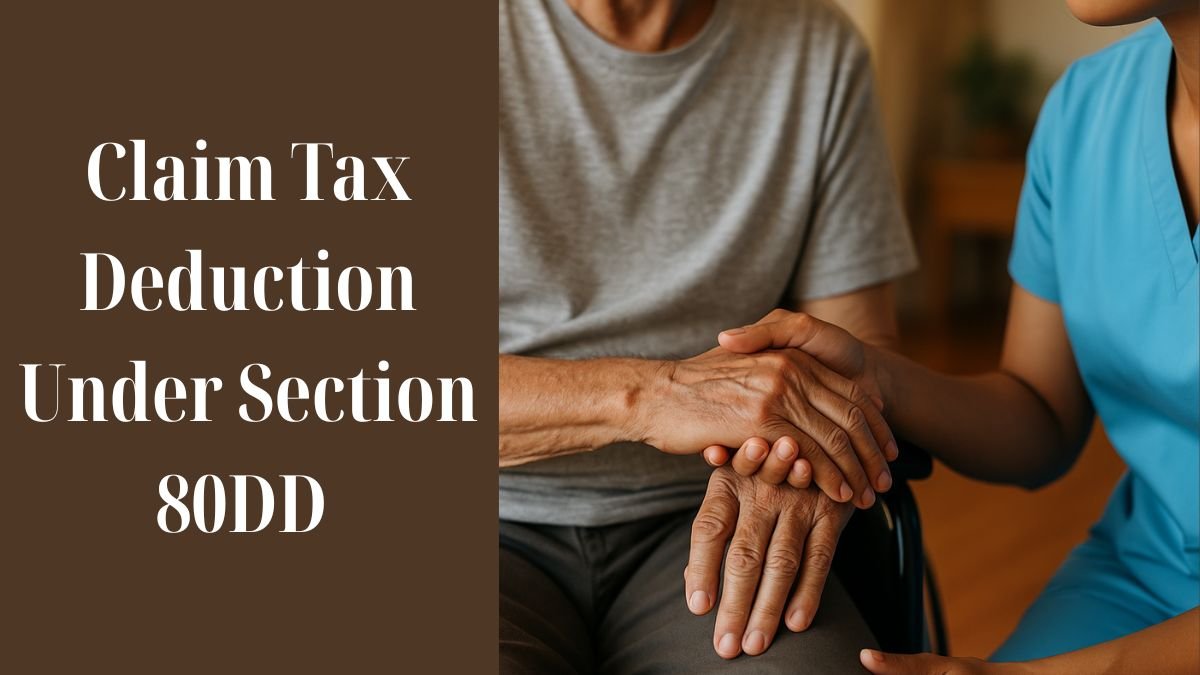
Caring Beyond Love — Now With Tax Relief
Caring for a dependent with a disability is an act of love & responsibility. But it often brings emotional, physical, and financial stress. Recognising this, the Income Tax Act provides a specific relief in the form of Section 80DD.
This provision offers tax deductions to individuals supporting dependents with disabilities, making it a compassionate & impactful section in the realm of tax planning.
📘 What is Section 80DD of the Income Tax Act?
Section 80DD of the Income Tax Act allows a deduction to resident individuals or Hindu Undivided Families (HUFs) for expenses incurred on the maintenance, including medical treatment, of a dependent who is a person with a disability.
So, if you're taking care of a dependent sibling, spouse, child, or parent who has a certified disability, Section 80DD allows for tax deductions, whether you spend on medical care or invest in a specified insurance policy.
This section does not apply to the person with the disability themselves (they can claim under Section 80U), but to the one supporting them financially.
👨👩👧 Who Can Claim Deduction?
To claim a deduction under Section 80DD, you must:
- Be a resident individual or part of an HUF
- Incur expenses for a dependent with at least 40% disability (certified)
- Either incur expenses directly or pay a premium towards a specified insurance scheme for such a dependent
🤝 Who is Considered a Dependent?
For Individuals:
- Spouse
- Children
- Parents
- Siblings (brother/sister)
For HUF:
- Any member of the family who is dependent
The dependent must not have claimed a deduction under Section 80U in their return.
💡 Nature of Deductions Allowed Under Section 80DD
There are two scenarios under which deductions can be claimed:
- Actual Expenses for:
- Medical treatment
- Nursing care
- Training and rehabilitation
- Premium Payment for:
- A life insurance or LIC policy meant for the maintenance of the disabled dependent
In either case, the deduction amount is fixed, not based on actual expenses. "
💰 Deduction Limits Under Section 80DD
- ₹75,000: If the dependent has at least 40% but less than 80% disability
- ₹1,25,000: If the dependent has severe disability (80% or more)
This is a flat deduction. You don’t need to provide expense-wise bills, only the required certification & relevant policy/payment proof.
📄 Documents Required
To claim a deduction under Section 80DD, keep the following:
- A disability certificate from a recognised medical authority
- Policy or premium receipt (if opting for an insurance-based deduction)
- Medical treatment or rehabilitation facility details (if relevant)
Also, ensure you renew your disability certificate if it has a validity period.
⚖️ Diseases Covered Under Section 80DD
The section includes both mental & physical disabilities. Some common conditions:
- Autism
- Cerebral palsy
- Blindness
- Hearing impairment
- Mental illness or retardation
- Locomotor disability
- Leprosy-cured condition
A detailed list is available under Rules 11A and 11B of the Income Tax Rules.
🧮 Example: How This Works
Priya supports her younger brother, who is 85% visually impaired. She pays ₹50,000 annually toward his LIC policy that assures lifetime care.
Even though the actual premium is ₹50,000, she can claim a fixed deduction of ₹1,25,000 under Section 80DD (since her brother is severely disabled).
This benefit directly lowers her taxable income. "
🚫 What If You Violate Conditions?
If the person with disability dies before the individual, & the insurance policy pays out, that amount will be treated as income of the individual & taxed accordingly.
It’s important to choose an eligible insurance plan & comply with the rules to avoid penalties.
❓ Frequently Asked Questions
- Can two people claim Section 80DD for the same dependent?
No. The deduction can be claimed by only one person—ideally, the primary caregiver. - Can I claim both 80DD and 80DDB?
Yes, if you're eligible. 80DD is for disabled dependents’ care, 80DDB is for treatment of specified diseases (e.g., cancer, Parkinson’s, etc.). - Can I claim a deduction if I’m paying for treatment outside India?
Generally, no, unless the treatment is under a recognised institution or authority within the prescribed guidelines.
📘 Section 80DD in Hindi (Quick View)
"सेक्शन 80DD के तहत, एक निवासी व्यक्ति या HUF जो किसी विकलांग आश्रित की देखभाल करता है, उसे निश्चित कर कटौती का लाभ मिलता है। यह देखभाल, इलाज या बीमा प्रीमियम पर आधारित हो सकती है।"
🧾 Summary Table
|
Particulars |
Deduction Allowed |
|
Normal Disability (≥40%) |
₹75,000 |
|
Severe Disability (≥80%) |
₹1,25,000 |
|
Applicable To |
Resident Individuals & HUF |
|
Benefit For |
Maintenance of dependent disabled person |
|
Not Allowed If |
Dependent claims under Section 80U |
✅ Final Thoughts
Caring for someone with special needs is a full-time emotional commitment. The least the law can do is support you with tax relief. Thankfully, Section 80DD of the Income Tax Act does just that.
It provides deductions to families of disabled persons, making sure that genuine caregivers aren’t penalised financially for their noble responsibilities.
So if you or your family support someone with a disability, Section 80DD allows for tax deductions—use it to your full advantage.
💬 Need help filing returns with an 80DD claim or getting the disability certificate approved?
Click here https://callmyca.com/business-tax-filing & let CallMyCA.com take the burden off your shoulders—fast, accurate, and personalised support.



